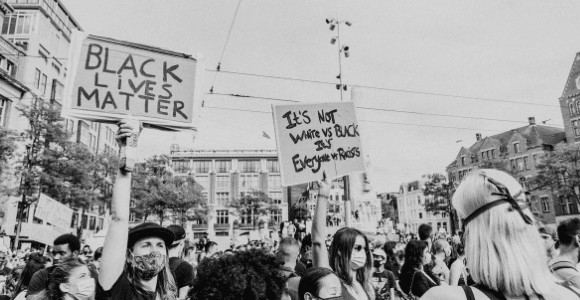Welcome readers! Please subscribe through the buttons on the right if you enjoy this post.

This week’s reading is John 2:13-22. I prefer Mark’s version of this story:
“On reaching Jerusalem, Jesus entered the temple courts and began driving out those who were buying and selling there. He overturned the tables of the money changers and the benches of those selling doves, and would not allow anyone to carry merchandise through the temple courts. And as he taught them, he said, “Is it not written: ‘My house will be called a house of prayer for all nations’? But you have made it ‘a den of robbers.’” The chief priests and the teachers of the law heard this and began looking for a way to kill him, for they feared him, because the whole crowd was amazed at his teaching. (Mark 11:15-18)
Most scholars believe that out of the four canonical gospels we have today, Mark was written the earliest and John the latest. In the passage for this week, Mark’s author conflates and places in the mouth of Jesus two passages from the Hebrew scriptures, one from Isaiah and the other from Jeremiah:
“These I will bring to my holy mountain
and give them joy in my house of prayer.
Their burnt offerings and sacrifices
will be accepted on my altar;
for my house will be called
a house of prayer for all nations.” (Isaiah 56:7)
And:
“Has this house, which bears my Name, become a den of robbers to you? But I have been watching! declares the LORD.” (Jeremiah 7:11)
In Mark’s gospel, the Temple in Jerusalem was the capital building of the Temple state. The Temple state, centered in Jerusalem, was not a purely religious system as we think of Christian churches today: there was no separation of church and state in Jesus’ culture. The Temple state was a religious, political, social, and economic system that governed all aspects of Jewish society. It’s telling that in the revolt leading up to the Jewish-Roman war of 66-69 C.E., when the rebels took over the temple, the scene was not like a church or a synagogue, but rather a banking institution. The rebels found the debt records for the poor and burned them. In one sense, it was a religious act for those who considered faithfulness to the Jubilee [debt cancellation] of the Torah to be faithfulness to the God of the Torah. But it was also an economic and political act too.
We’ll contrast this with John’s version of this story, and discuss why this matters, next.













